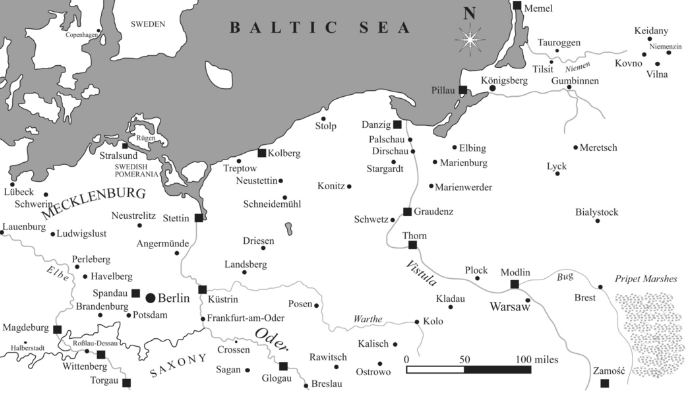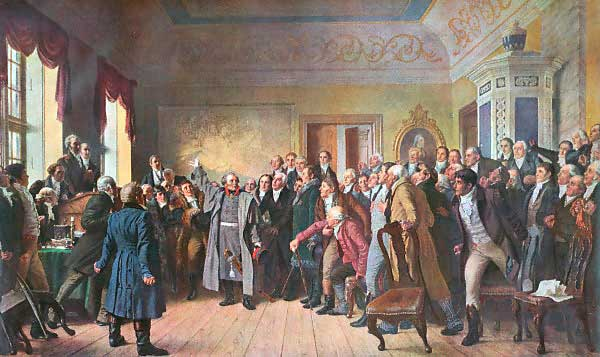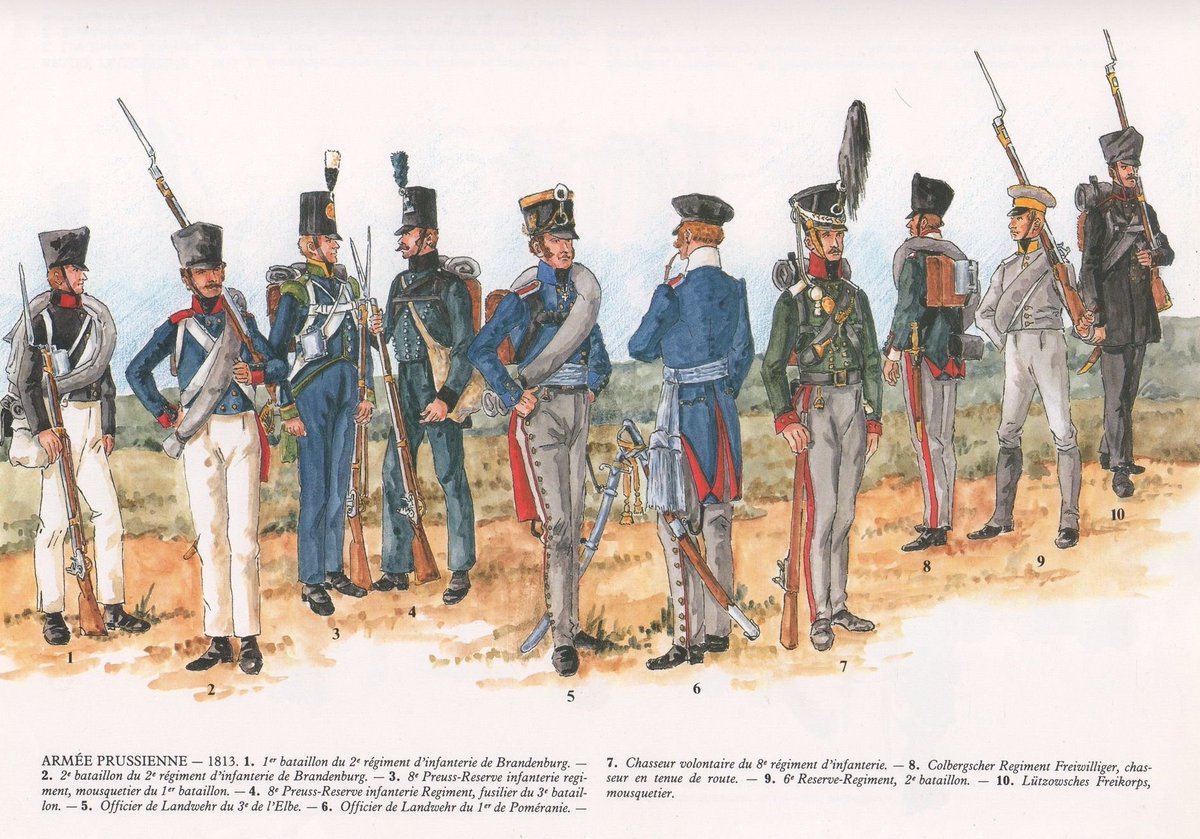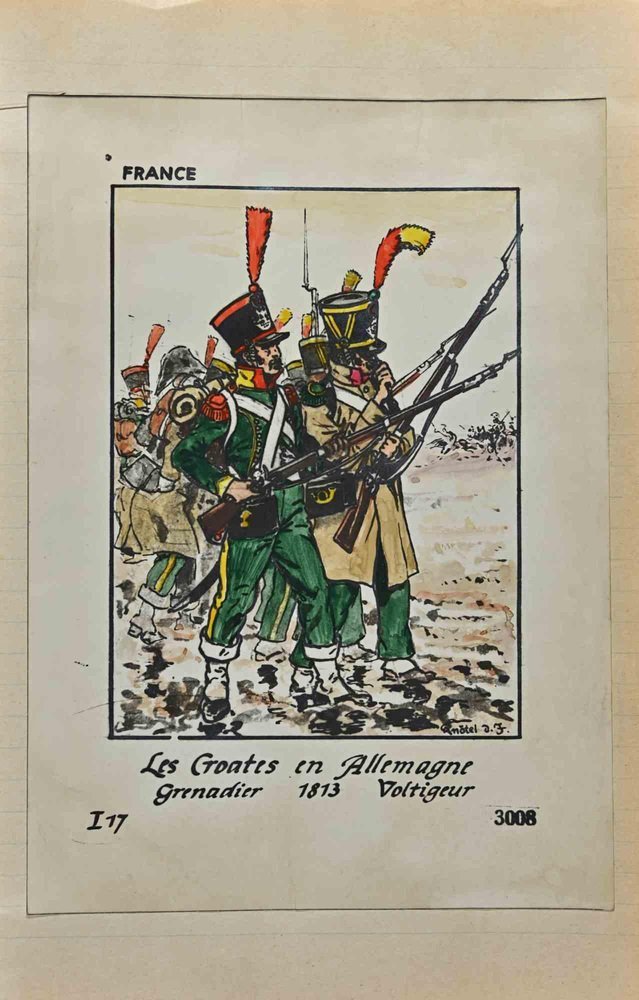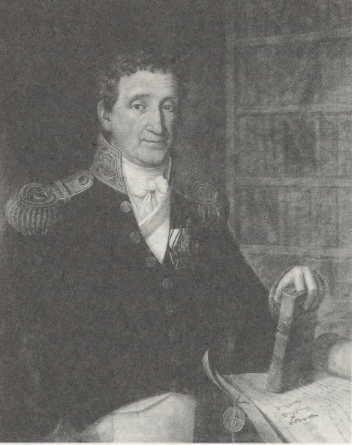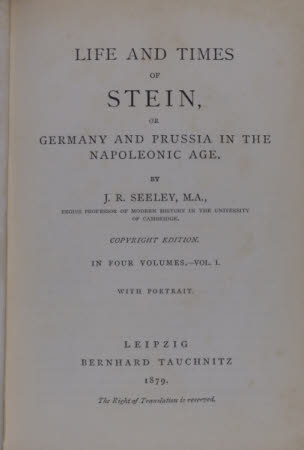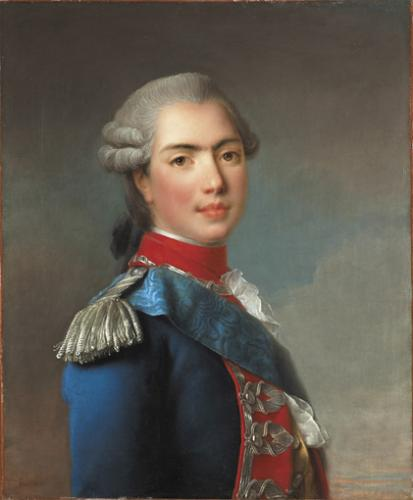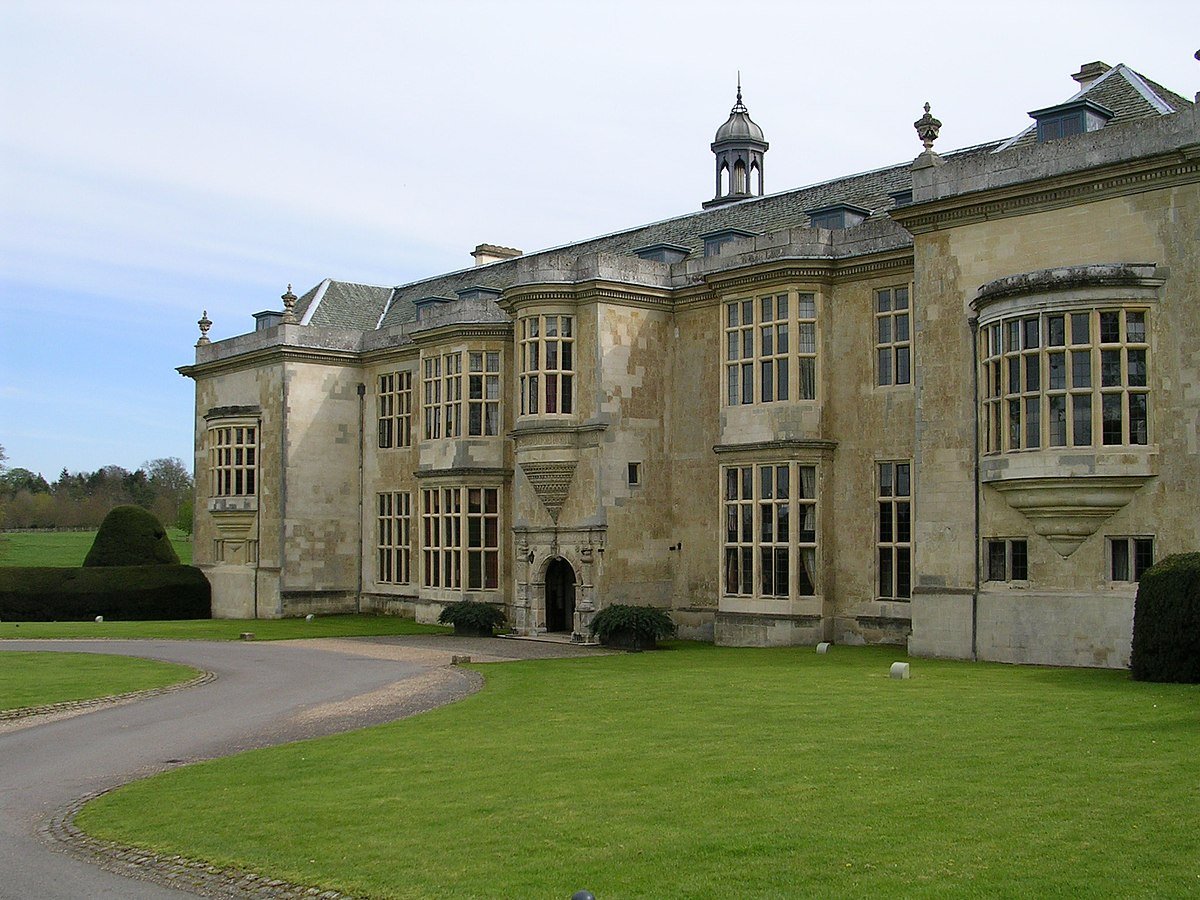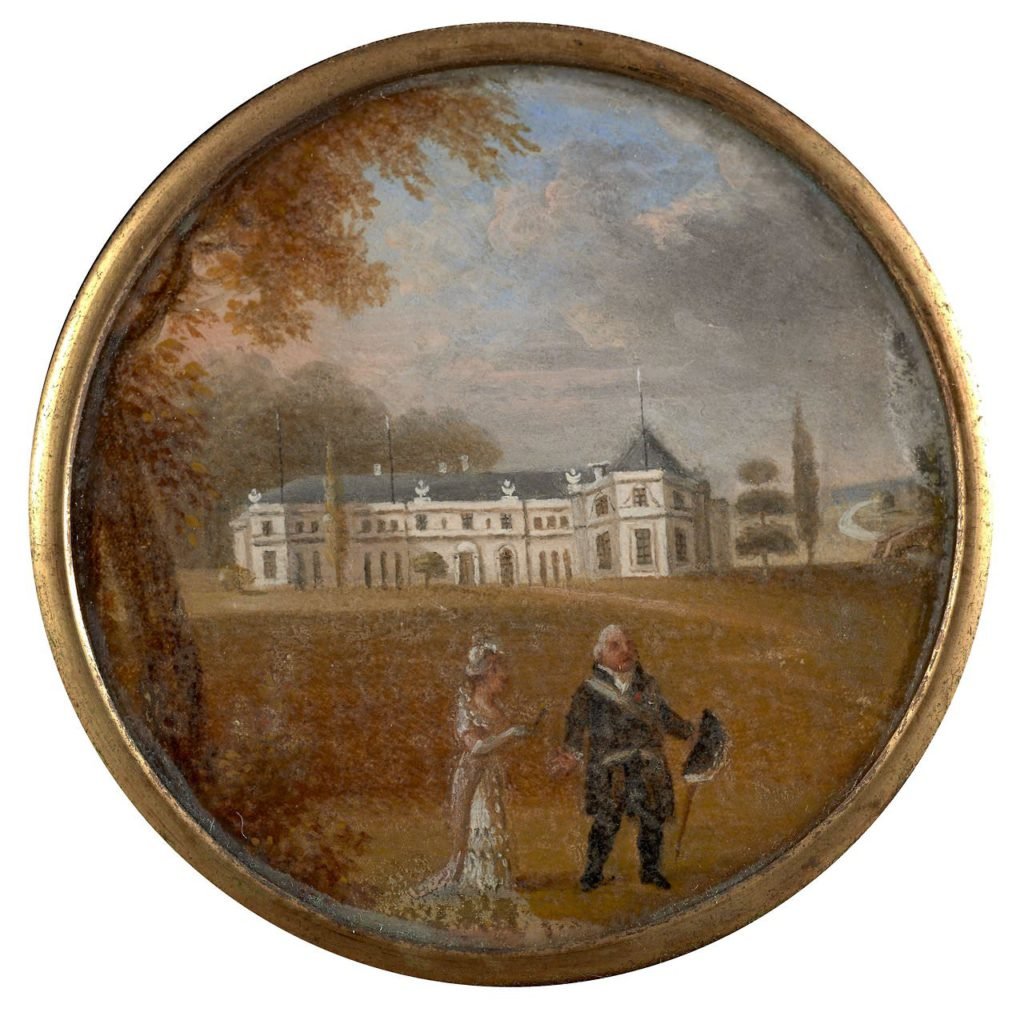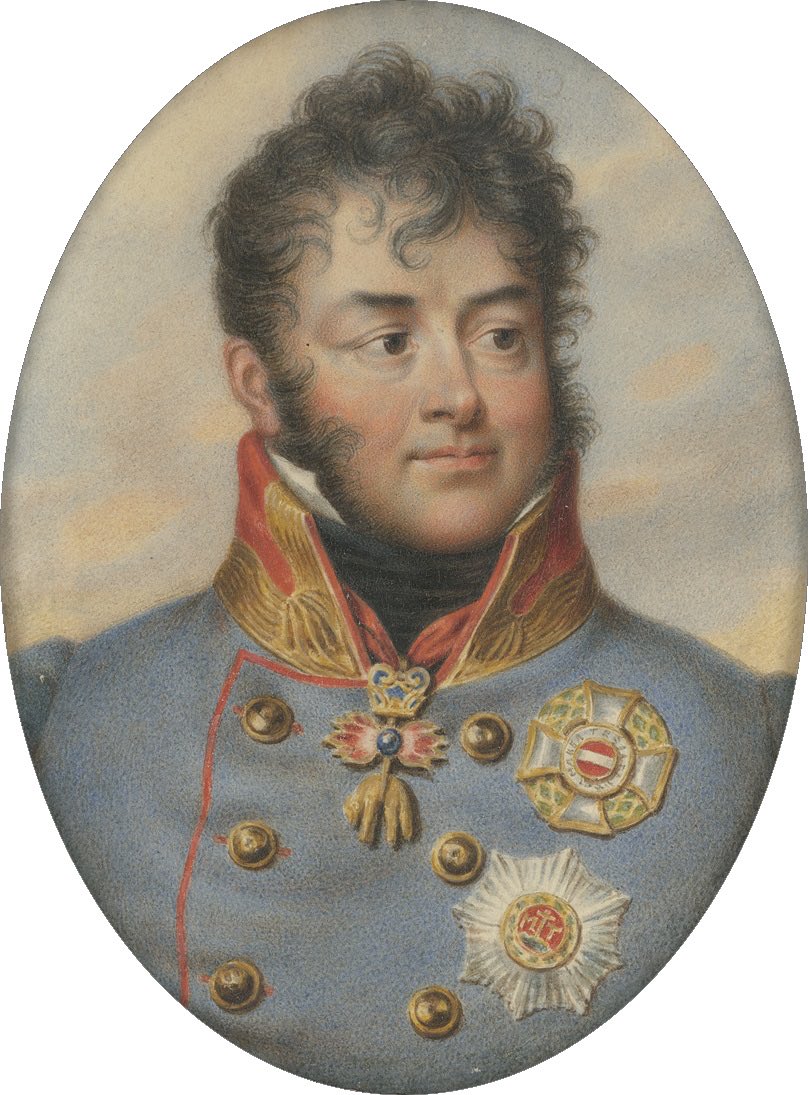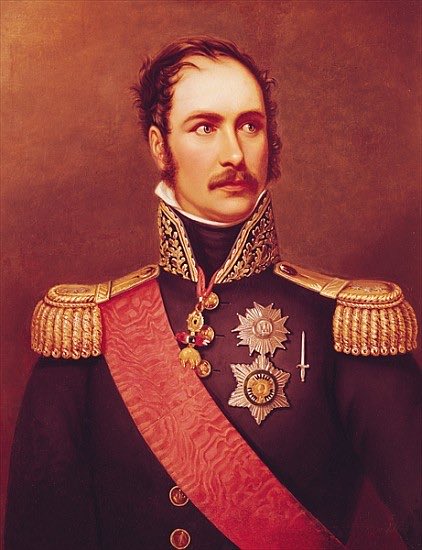
#OTD 4 February, 1813, State Councillor Ancillon proposed to seek mediation between France and Russia by yielding East Prussia to the latter, which Hardenberg fiercely rejected.
Stein, after a failed attempt to nominate Yorck, confirmed Brandt as the President of the Estates.
Stein, after a failed attempt to nominate Yorck, confirmed Brandt as the President of the Estates.
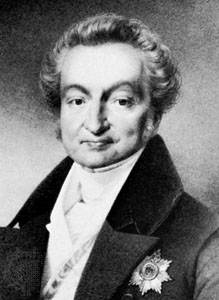
Johann Frederick Ancillon, statesman, historian, and private tutor to the 18-year-old crown prince, has served as the chief advisor to Frederick William. Unlike the hard-line chancellor, his preference for stability was remarkably congruent with his king's. 

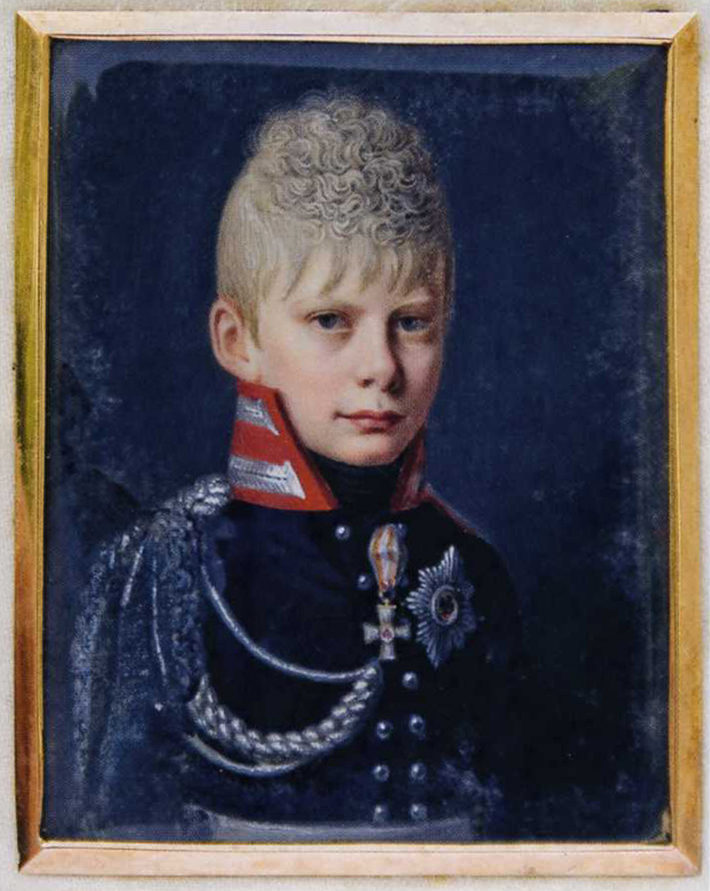
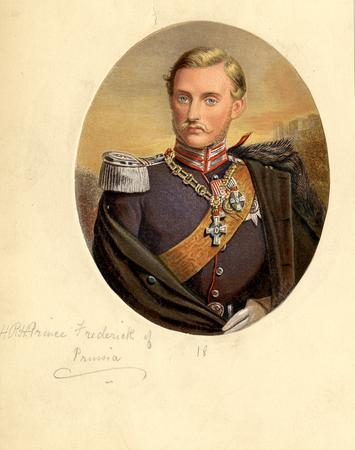
Even on the day after the proclamation of universal conscription, the two remained wary of taking further actions which may aggravate the Franco-Prussian relations. (Leggiere)
The Councillor had not altered his pacifism from January 1812, on the eve of the Russian campaign.
The Councillor had not altered his pacifism from January 1812, on the eve of the Russian campaign.
As tensions escalated between Paris and St. Petersberg, Napoleon demanded Frederick William to provide a corps of 20,000 to assist his war.
Hardenberg, who had pushed for an alignment with Russia, England, and Austria to offset the French influence in November 1811, objected.
Hardenberg, who had pushed for an alignment with Russia, England, and Austria to offset the French influence in November 1811, objected.
Chagrined about Tilsit, the chancellor contemplated a clandestine mobilization while forging a counterbalancing network of alliances.
But after Scharnhorst's consecutive failures in persuading Austria and Russia, the former dawned as the only available course of action.
But after Scharnhorst's consecutive failures in persuading Austria and Russia, the former dawned as the only available course of action.
In January 1812, Ancillon openly disapproved of Hardenberg's initiative. His rationale was that a suddenly imposed conscription, regardless of its noble purpose, could incite a popular uprising and eventually "a military despotism" like France's.
(Seeley)
(Seeley)
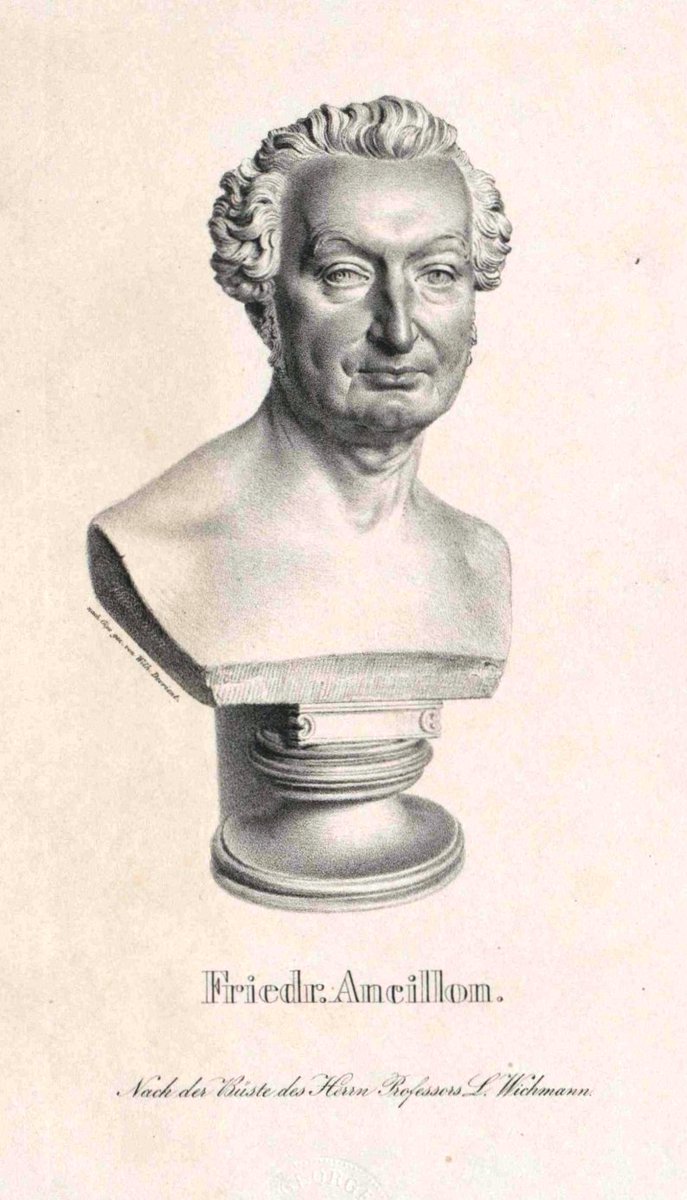
A year later, he presented a six-point memorandum which echoed his earlier aversion to hostility:
1. Russia , liberated by the elements and the bravery of her troops...shall be restored to her entire political independence and...the most complete freedom of trade and commerce.
1. Russia , liberated by the elements and the bravery of her troops...shall be restored to her entire political independence and...the most complete freedom of trade and commerce.
2. France recognizes and guarantees the acquisitions which Russia has made since the Peace of Tilsit against Sweden and the Porte
3. Russia receives an extension of its borders on the side of the Duchy of Warsaw-to this, Hardenberg objected, "Why?"
3. Russia receives an extension of its borders on the side of the Duchy of Warsaw-to this, Hardenberg objected, "Why?"
4. Prussia regains her political and commercial independence and the garrisons on the Oder; she is to bear no other burdens than those which her own interests demand.
The Chancellor, again interrupting the Ancillon, added that,
The Chancellor, again interrupting the Ancillon, added that,
"the liberation of the Hanseatic cities and the commerce on the Elbe" should also be taken into consideration.
5. It receives a broader and more solid basis of its power, and for this purpose, Danzig and the Grand Duchy of Warsaw shall be regained.
5. It receives a broader and more solid basis of its power, and for this purpose, Danzig and the Grand Duchy of Warsaw shall be regained.
6. The Eble, especially the garrison of Magdeburg, closes its military frontier on this side.
Exasperated at the proposal to overturn the ongoing proceedings with Russia and Austria, Hardenberg asked, "Until when?"
(Hardenberg, Oncken)
Exasperated at the proposal to overturn the ongoing proceedings with Russia and Austria, Hardenberg asked, "Until when?"
(Hardenberg, Oncken)
Ancillon calmly stated that "As long as the preeminence of the Bonapartes remains intact in Germany, and the preeminence of France is not destroyed, then every peace is merely a truce."
To his initial explanation, Hardenberg and Knesebeck conceded, "accedo."
(Ibid)
To his initial explanation, Hardenberg and Knesebeck conceded, "accedo."
(Ibid)
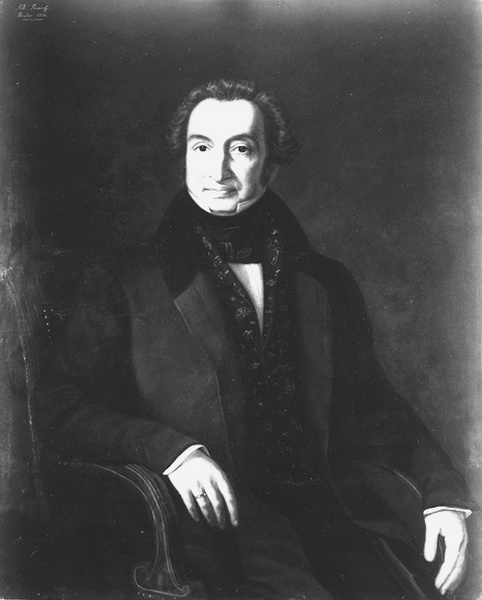
But they also warned Ancillon that his argument was based on his naive assumption "that Russia had already reached the limit of its ambitions."
Ancillon, clearly unable to grasp what the two were hinting at, resumed his speech:
"[Russia] has won...
Ancillon, clearly unable to grasp what the two were hinting at, resumed his speech:
"[Russia] has won...
What more can it want? Expansion of its territory ? That would be a folly, because Russia does not need it, neither for its security, nor for its strength, nor for its glory; to go for conquests would be to fall back into bloody error committed by Napoleon...?"
He added that it would be impossible for Russia to attack France without Austrian aid, and, to preserve the equilibrium, Prussia could grant a part of its eastern frontier as a bulwark for the Russians, for its residents will be granted substantial political autonomy.
As for France, the sheer presence of the Russian Empire would inhibit its aggression in the future, as it already had taught Napoleon a lesson. Moreover, Yorck's defection ought to have differentiated Prussia from the rest of the Confederation, raising Napoleon's fear of her.
Austria, however, was to be distrusted, for it "does not want to do anything" and could slip into an "armed partisanship with France."
In this regard, Ancillon summarized his strategic view full of empty premises:
In this regard, Ancillon summarized his strategic view full of empty premises:
"...so Prussia has no choice but to renounce the German war of liberation, first to make peace and alliance with Russia, and then to negotiate and conclude a special peace with France."
Hardenberg ferociously rejected such complacent views.
Hardenberg ferociously rejected such complacent views.
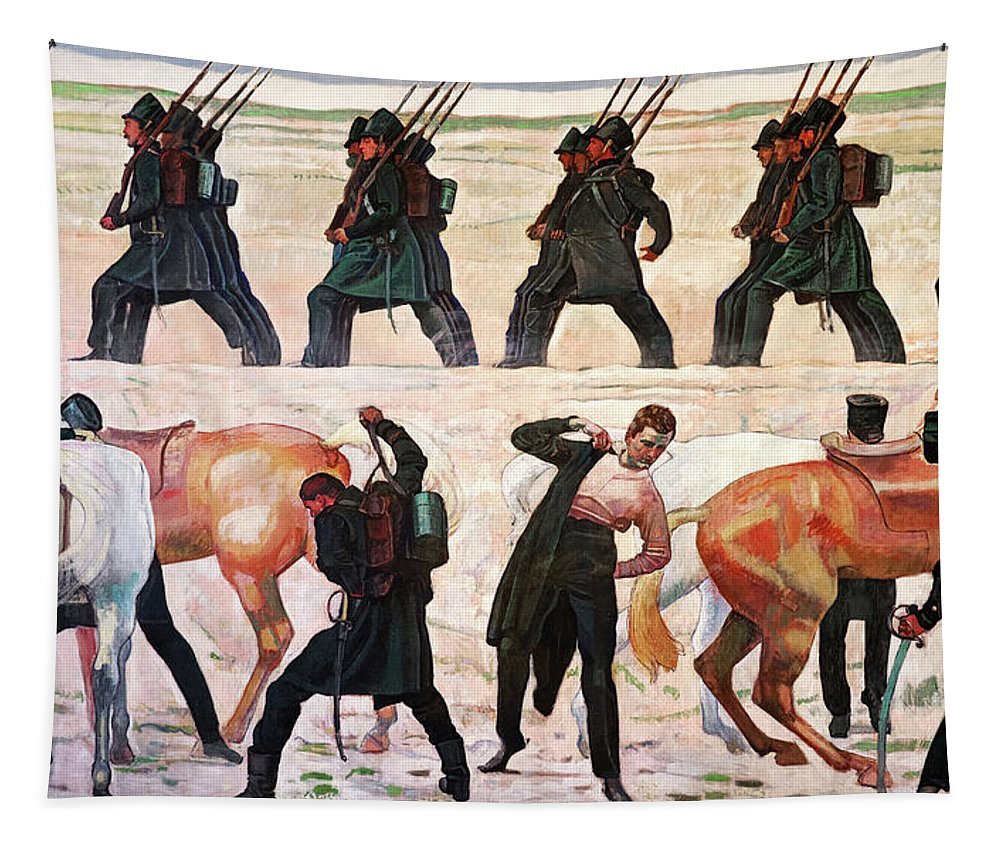
Above all, He emphasized the strategic priority of restoring the Elbe line, for the existence of Westphalia and Saxony posed a threat to Prussia. To the claim that the interests of the Confederation may not be intertwined with Prussia's security, he asserted:
"...without doubt we are Prussians above all things. [But]......the restoration of Prussia to any degree of security and independence is impossible without the liberation of Germany from Napoleon and his vassals. The destiny of Prussia cannot be separated from that of Germany."
On his behalf, Knesebeck explained that Austria "is willing to negotiate...not a French peace, but a European peace," and should it fail "through the fault of France, Austria...will take active part in the war and force Napoleon to equity and reason by violent means."
Thanks to their persuasion, Ancillon was able to withdraw the embarrassing memorandum. The concurrent events in Thorn highlighted how much he had misinterpreted the Russian strategy.
On the 4th, Chichagov, who had been waiting for next orders, was greeted by a familiar face.
On the 4th, Chichagov, who had been waiting for next orders, was greeted by a familiar face.
The admiral, ostracized by his failure to capture Napoleon at the Berezina, was "tired of Kutuzov's intrigues." His lack of connection to the Russian elites, primarily due to his love marriage with an Englishwoman, had left him without a defender in the army except Yermolov. 
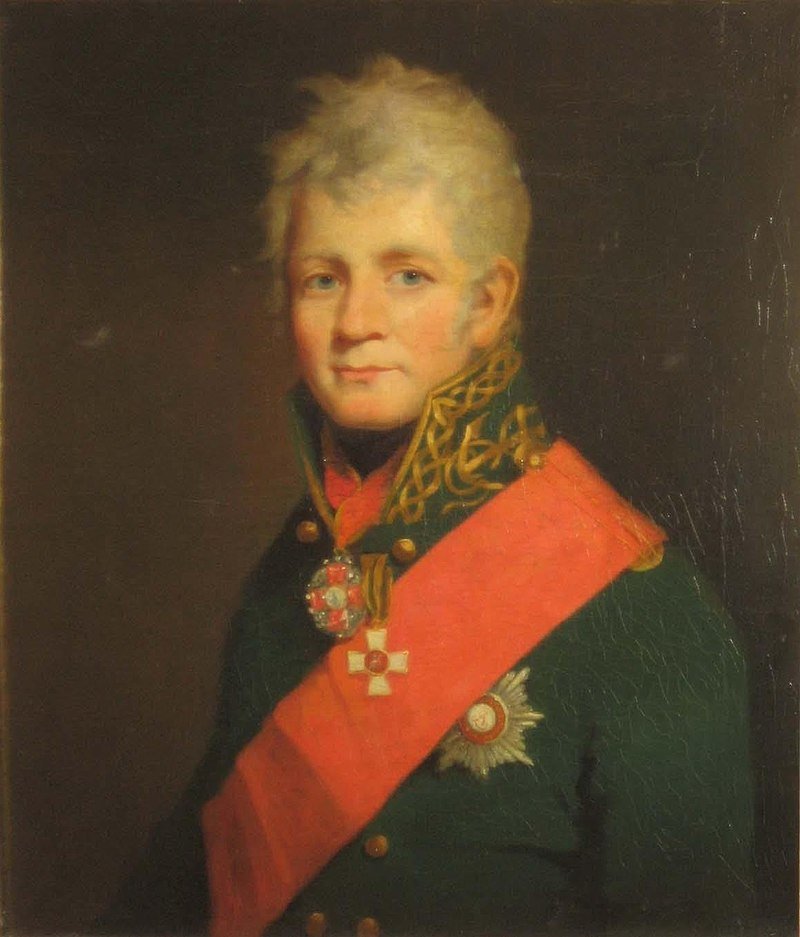
Seeing his prospect doomed, Chichagov "took advantage of the return of Barclay de Tolly, who wished to be employed, to leave the army."
Against Alexander's refusal, he wrote to Kutuzov "that his health did not allow him to remain in the army."
(Lieven, Chichagov)
Against Alexander's refusal, he wrote to Kutuzov "that his health did not allow him to remain in the army."
(Lieven, Chichagov)
Newly assigned to the command of the Third Army, Barclay continued to besiege the French garrison at Thorn.
South of Thorn, Eugene was reporting to Napoleon that "the officials have begun leaving Warsaw, after the insinuation of Prince Schwarzenberg."
(More/Replies)
South of Thorn, Eugene was reporting to Napoleon that "the officials have begun leaving Warsaw, after the insinuation of Prince Schwarzenberg."
(More/Replies)
The viceroy would never hear back from him again, a hope he still retained:
" I have not yet received his definite answer to the order...to withdraw to Kalisch. If, as I fear, Prince Schwarzenberg does not carry it out, he loses there a beautiful occasion for his glory."
" I have not yet received his definite answer to the order...to withdraw to Kalisch. If, as I fear, Prince Schwarzenberg does not carry it out, he loses there a beautiful occasion for his glory."
Even with the double agents gone, glory remained a distant prospect his own men. Eugene complained that the new corps cannot be formed as Napoleon had planned, "since the army does not have the entire cadres of the first battalions left..."
(Eugene, Memoires)
(Eugene, Memoires)
Beyond the Vistula, on the day before the Estates, Stein struggled to prevent Brandt-a nobody to him-from taking over its presidency. He first made the offer to Schön, who turned out to be as unwilling as Auerswald, but promised to maintain his presence in the occasion.
His next candidate was Yorck who, despite his outright hostility toward the Tsar's minister, was the man of least obscurity in Konigsberg. Stein wrote him the following letter, which showed his mistake of drawing more attention to the interest of Russia than that of Prussia:
"His Majesty the Emperor has clearly announced his views with respect to Prussia and her King in his proclamation of January 18th; they are restoration of the independence of the State and of the lustre of the throne.
This magnanimous declaration has filled the hearts of all the inhabitants of this country with gratitude and reverence; everywhere His Majesty the Emperor has been received with exulting triumph, and the Russian armies as brothers and liberators...
Nothing now hinders the fulfillment of this wish... prudence, honor, patriotism , and revenge demand that we lose no time, that we proclaim the national war, that we take arms and exert all our strength to break the fetters of the insolent oppressor,
and wash out our shame in the blood of his accursed hordes. His Majesty the Emperor has been pleased by his Full Power conferred on me under date January 18th , to commission me to bring about such arming of the people in a constitutional way...
The Estates of Lithuania, East Prussia, and West Prussia have been summoned for the 5th of this month the guidance of their deliberations to a suitable and wise result will come from no one so well as from your Excellency , who by your energetic and wise resolution have hastened
the enemy's flight and preserved to the King and country a corps of brave men to fight for freedom and honor. His Majesty the Emperor there fore expects that your Excellency will undertake this guidance and bring the deliberations to a desirable result."
(Seeley)
(Seeley)
As can be expected, the unbending general found the Assembly, overflowing with Russian influence, distasteful. After a prolonged argument, Stein decided to give Brandt a chance, as he addressed the president-to-be in a more reserved manner:
"As the representative of his Excellency the Royal Commissioner v . Auerswald at the Conference and Assembly of Estates to be held to-morrow, it will be known to you from my letter to the Royal Commissioner on this subject that,
I have promoted this Assembly in order to entrust to the deliberation of the Estates the selection of means for the general defense of the Fatherland. I request you to communicate this to the assembled Estates, to direct their offerings and proposals in a constitutional manner.."
-The End-
@threadreaderapp Unroll my friend
• • •
Missing some Tweet in this thread? You can try to
force a refresh


